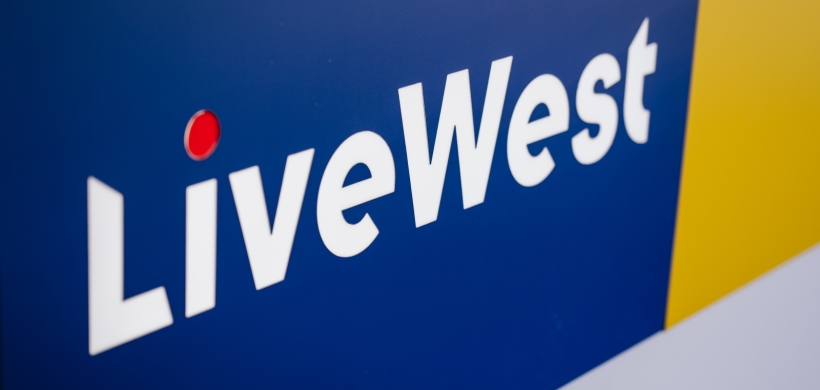A hosepipe ban begins on Tuesday 23 August for Cornwall and a small part of Devon, which means that many will be unable to use their hosepipes unless they have an exemption.
The ban is being brought in due to water levels in the area being much lower than normal, which has been caused by low levels of rain this year, extremely warm weather this summer and increased demand for water.
Find out more about the ban, why it is happening and if the area you live in is included here.
What does the hosepipe ban mean for you?
If you live in an area covered by the ban, you could receive a £1,000 fine if you use a hosepipe to:
- Water your plants or garden.
- Fill ponds or paddling pools.
- Clean your car.
- Clean walls or windows of your home, as well as paths, patios, decking or other outdoor surfaces.
Saving water
Saving water is one way you can play your part in helping to make the hosepipe ban as short as possible. Even if you are not living in an area covered by the ban, saving water is also a way you can save yourself money on your bills and have a positive impact on the environment. Take a look at our top tips for saving water at home.
South West Water also have a number of free water saving products you can make use of.
Water safety
Whilst water butts are a great way to save water, they can become contaminated with Legionella bacteria which can lead to Legionnaires' disease. Warm weather provides perfect conditions for legionella to grow, so it is important to take care, with recent investigations suggesting up to 95% of water butts in the UK contain the bacteria.
To reduce the risk of contracting Legionnaires' disease, you should:
- Use a watering can to take water out of your water butt rather than a hose. A hose can lead to the bacteria being spread into the air around you which can be inhaled, but this risk is much lower with a watering can.
- You should clean your water butt once a year by emptying them out and scrubbing them once a year.
View our water safety advice leaflet for more information.
